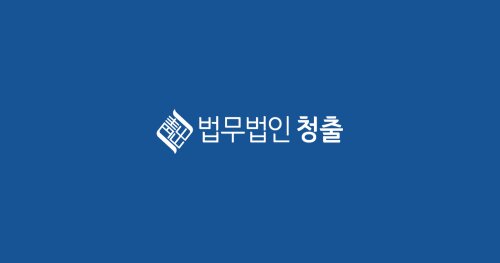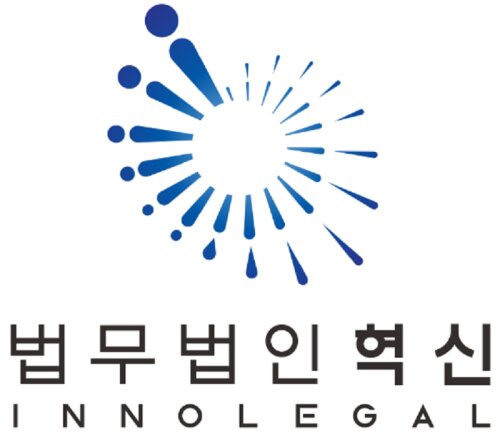Best Sanctions & Export Controls Lawyers in Seoul
Share your needs with us, get contacted by law firms.
Free. Takes 2 min.
List of the best lawyers in Seoul, South Korea
About Sanctions & Export Controls Law in Seoul, South Korea
Sanctions and export controls law in Seoul, South Korea plays a crucial role in regulating the movement of goods, technologies, and services across borders. These laws are designed to ensure national and international security, comply with United Nations and other international sanctions, and prevent illegal trade or support to prohibited entities. The laws encompass restrictions on certain types of goods including military items, dual-use technologies, and controlled substances. Compliance is essential for businesses and individuals to avoid severe legal and financial consequences.
Why You May Need a Lawyer
There are various situations where professional legal assistance is invaluable for sanctions and export controls in Seoul:
- If you are exporting goods or technology that could have military or dual-use applications
- When your business deals with countries or entities under international or domestic sanctions
- If you import items that may be subject to foreign regulations or export control laws
- When you are unsure if your business transaction is legal under South Korean or international law
- If your company is subject to a government investigation or audit for export control compliance
- Facing enforcement actions or penalties for potential violations
- When you need help in creating compliance programs or conducting risk assessments
- For advice regarding permit and licensing requirements
Local Laws Overview
South Korea enforces a robust legal framework concerning sanctions and export controls. Some of the key laws include:
- Foreign Trade Act: Regulates international trade including license requirements for controlled goods and services.
- Act on the Control of Dual-Use Items and Military Goods: Governs items that have both civilian and military uses, as well as direct military goods.
- Customs Act: Addresses import and export procedures, documentation, and penalties for violations.
- UN Sanctions Implementation Act: Implements United Nations Security Council sanctions and sets standards for businesses and individuals in South Korea.
- Relevant Ministry Regulations: The Ministry of Trade, Industry and Energy (MOTIE) and the Korea Strategic Trade Institute (KOSTI) issue guidelines and oversee licensing for sensitive exports.
Frequently Asked Questions
What are sanctions and export controls?
Sanctions are legal restrictions on trade or activity with certain countries, entities, or individuals. Export controls are rules and procedures that govern the transfer of goods, technology, and services, often for national security or foreign policy reasons.
Who enforces sanctions and export controls in South Korea?
The Ministry of Trade, Industry and Energy (MOTIE), the Ministry of Foreign Affairs, and the Korea Customs Service are the primary enforcement agencies.
Do I need a license to export certain products?
Yes. Items listed as controlled military goods, dual-use goods, or those subject to UN sanctions typically require an export license issued by relevant authorities.
What are dual-use items?
Dual-use items are products, software, or technologies that have civilian applications but can also be used for military or strategic purposes.
Are there penalties for violating export control laws?
Yes. Penalties can include substantial fines, loss of export privileges, and even criminal prosecution.
How do I know if my customer or partner is subject to sanctions?
You should check government-issued lists of sanctioned countries, entities, and individuals. A lawyer or compliance expert can help you navigate these checks.
Are there reporting requirements for exports?
Yes. Exporters must submit relevant documentation to the government for review and approval, especially when dealing with controlled goods or sensitive destinations.
What should I do if I suspect a violation?
Cease the transaction immediately and seek legal advice. Reporting the situation to the proper authorities may be required.
Can Korean companies be subject to foreign export control laws?
Yes. Companies operating in South Korea may also be subject to foreign export controls, such as the US Export Administration Regulations, especially if they use foreign-origin technology.
How often do export control laws change?
Export control laws are updated frequently to reflect international developments. Staying informed through regular reviews is essential for compliance.
Additional Resources
If you need more information or guidance, these organizations are valuable resources:
- Ministry of Trade, Industry and Energy (MOTIE) - The principal body administering export controls and licensing
- Korea Strategic Trade Institute (KOSTI) - Provides compliance education and resources
- Korea Customs Service - Responsible for border enforcement and import-export compliance
- Ministry of Foreign Affairs - In charge of implementing UN and other international sanctions
- Trade associations and industry groups - Often provide compliance updates and seminars
- Legal clinics and advisory services - Offer initial guidance and sometimes pro bono consultations
Next Steps
If you require legal assistance with sanctions or export controls in Seoul, consider the following steps:
- Assess your specific legal needs relating to trade, exports, or compliance issues
- Gather all relevant documentation, such as contracts, shipping records, and correspondence
- Contact a law firm or legal professional with expertise in South Korean export controls and sanctions
- Ask about their experience with similar cases or industries
- Prepare a list of questions and concerns to discuss during your consultation
- Follow up on recommended compliance actions or additional training for your staff
- Stay informed on legal and regulatory updates to minimize future risks
Lawzana helps you find the best lawyers and law firms in Seoul through a curated and pre-screened list of qualified legal professionals. Our platform offers rankings and detailed profiles of attorneys and law firms, allowing you to compare based on practice areas, including Sanctions & Export Controls, experience, and client feedback.
Each profile includes a description of the firm's areas of practice, client reviews, team members and partners, year of establishment, spoken languages, office locations, contact information, social media presence, and any published articles or resources. Most firms on our platform speak English and are experienced in both local and international legal matters.
Get a quote from top-rated law firms in Seoul, South Korea — quickly, securely, and without unnecessary hassle.
Disclaimer:
The information provided on this page is for general informational purposes only and does not constitute legal advice. While we strive to ensure the accuracy and relevance of the content, legal information may change over time, and interpretations of the law can vary. You should always consult with a qualified legal professional for advice specific to your situation.
We disclaim all liability for actions taken or not taken based on the content of this page. If you believe any information is incorrect or outdated, please contact us, and we will review and update it where appropriate.















